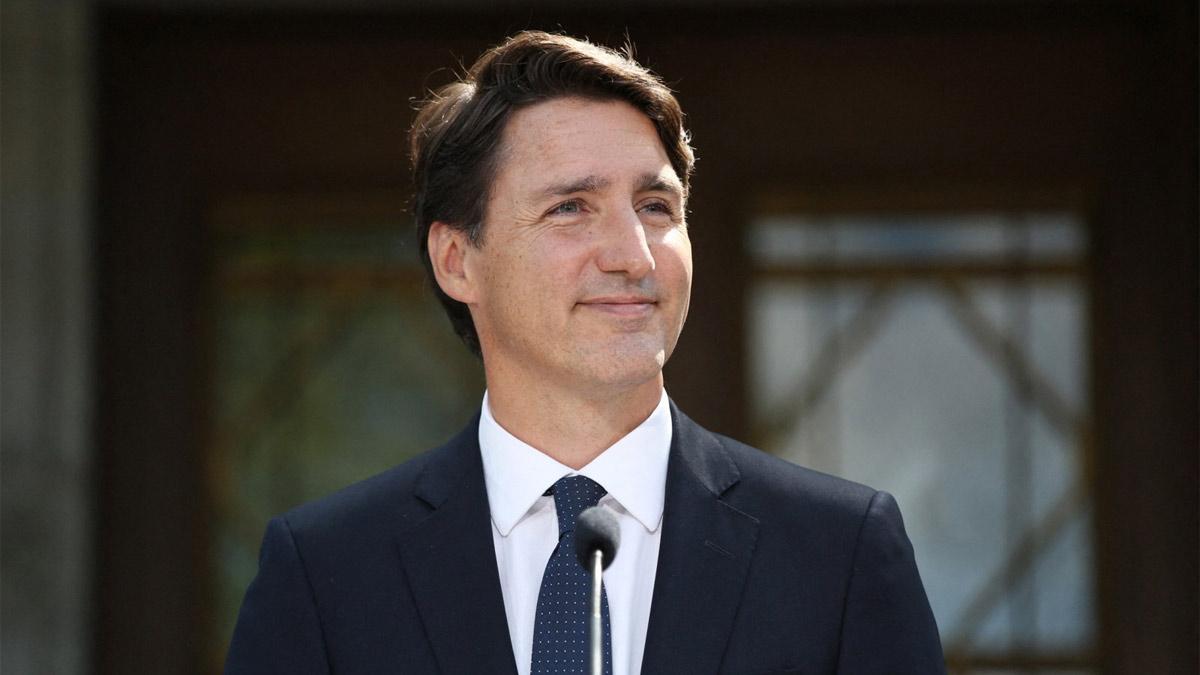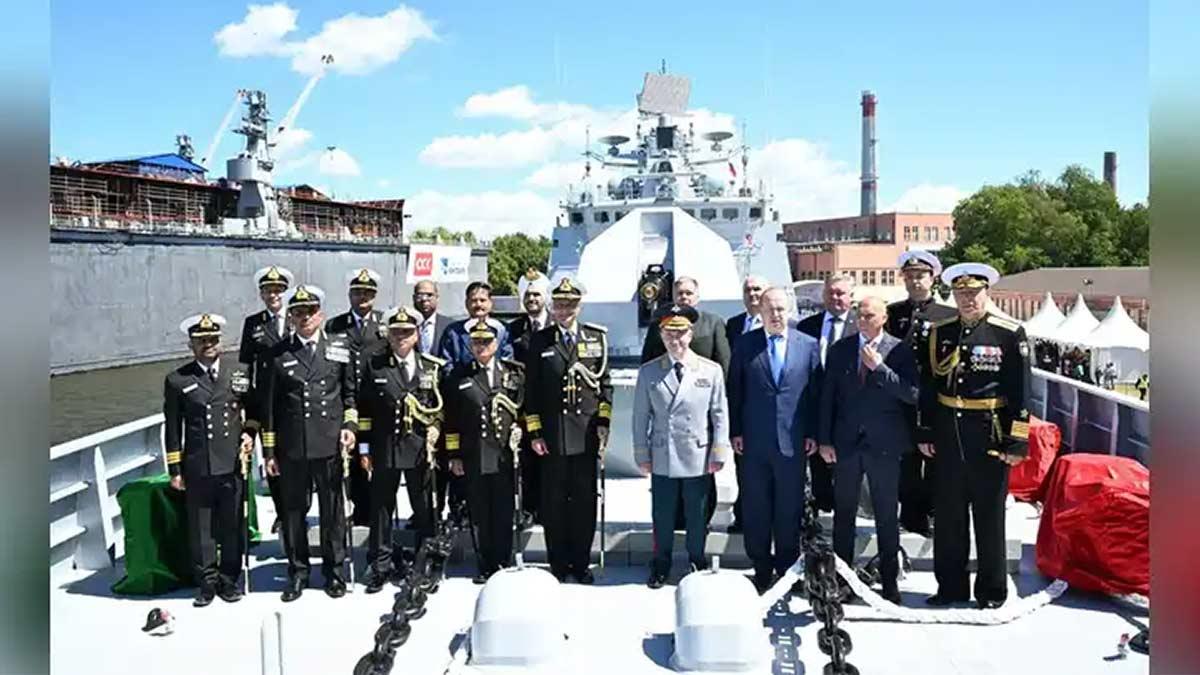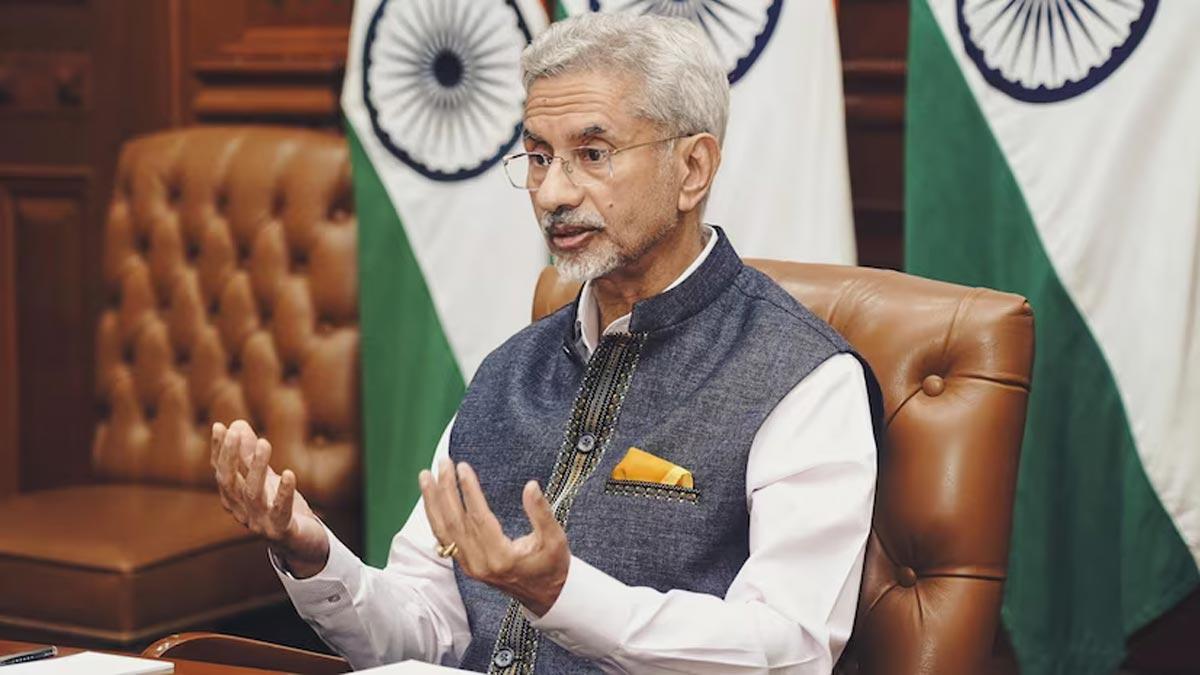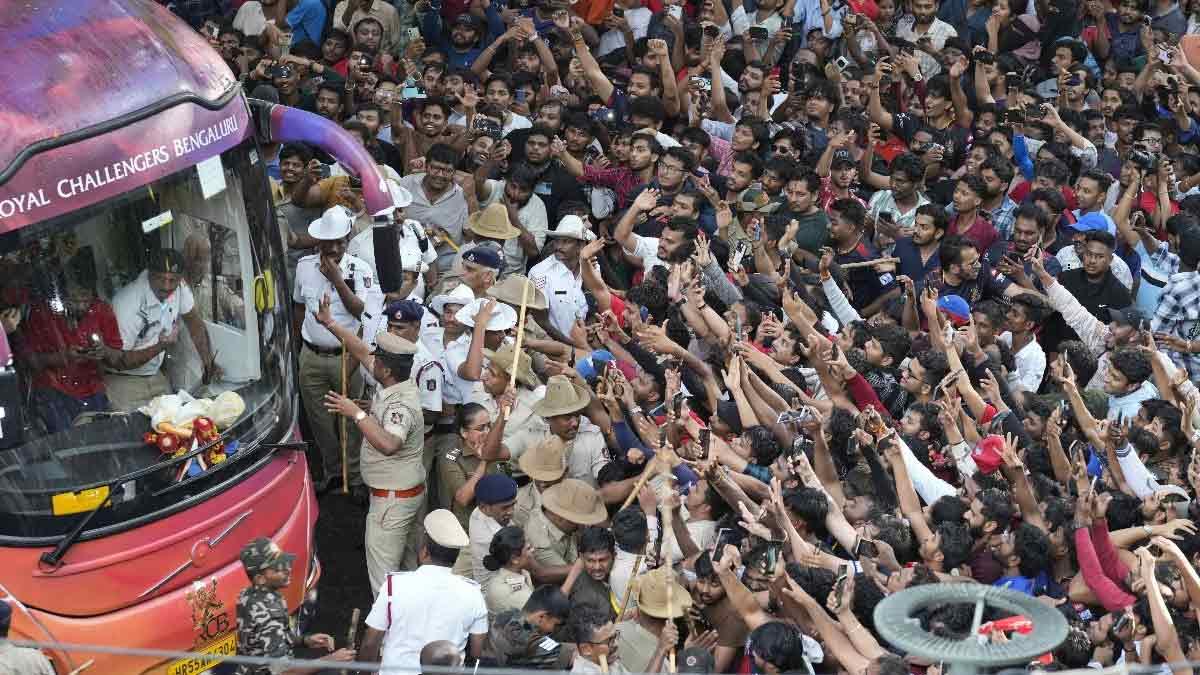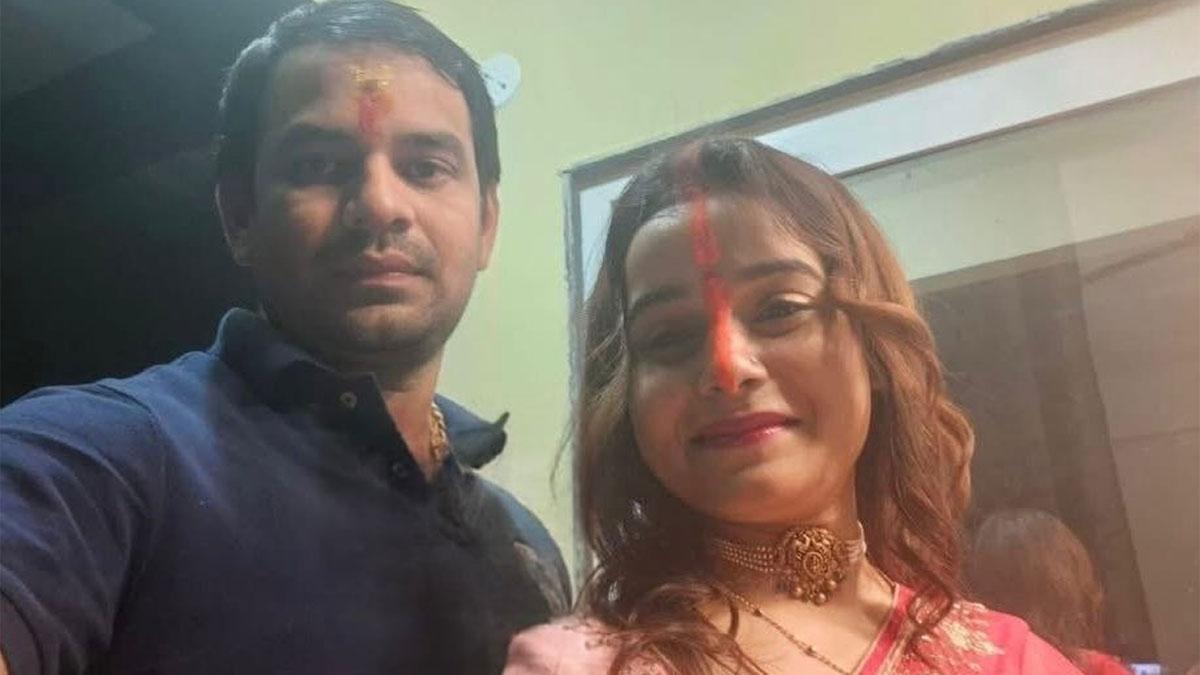As Canadian Prime Minister Justin Trudeau testified to a Commission of Inquiry on the alleged India honeytrap scandal where the woman accused in the case was forced to apologize by a Kerala legislator, the Ministry of External Affairs responded Thursday, saying that the information presented only reinforced New Delhi's longstanding position that Canada had failed to provide any evidence to back the serious allegations it had leveled against India and its diplomats.
"What we have heard today only confirms what we have been saying consistently all along — Canada has presented us no evidence whatsoever in support of the serious allegations that it has chosen to level against India and Indian diplomats," MEA spokesperson Randhir Jaiswal said in an official statement issued on Wednesday night.
He further said that "The onus of the damage that this cavalier behavior has caused to India-Canada relations lies solely with Prime Minister Trudeau."
Earlier, appearing as a witness in front of Canada's foreign interference inquiry on Wednesday, Trudeau accepted that while India had been insisting on concrete evidence regarding the Canadian allegations concerning the killing of Khalistani terrorist Hardeep Singh Nijjar, his government had so far only given intelligence, not hard evidentiary proof.
He said, "Behind the scenes (we're trying) India to co-operate with us. Their ask was…give us the evidence you have on us. Our response was it is within your security agency. You should be looking into how much they know, you should be engaging… 'No, no but show us the evidence'. At that point, it was primarily intelligence, not hard evidentiary proof. So we said let's work together…"
The India-Canada diplomatic relationship has become a lot worse since last year when Canadian Prime Minister Justin Trudeau made an announcement in the Canadian Parliament that he had received "credible allegations" linking India to the killing of Khalistani terrorist Nijjar. New Delhi, however, refused to accept this, calling the allegations as "absurd" and "motivated," while accusing Canada of being the platform for the furtherment of extremist and anti-India elements.
Nijjar, deemed a terrorist by India's National Investigation Agency in 2020, was shot and killed outside a gurdwara in Surrey in June of the previous year.
Tensions went a notch higher when Canada branded India's High Commissioner and other diplomats persons of interest while investigating the killing of Nijjar. In return, India expelled six Canadian diplomats on Monday, hours after summonsing Canada's Charge d'Affaires Stewart Wheeler to convey its stern objection to the "baseless targeting" of the Indian High Commissioner and other diplomats.
The MEA had earlier cautioned Wheeler that with the surge in extremism and violence, the Trudeau government had undermined the security of Indian diplomats. In this context, India chose to recall its High Commissioner to Canada, Sanjay Kumar Verma, as well as all the other diplomats and officers affected by these attacks.
India also claimed it had reserved the right to take further action against the Trudeau government for its support of extremism, violence, and separatism against India.
Read also| India Denounces Trudeau's Latest Allegations as 'Preposterous Imputations'
Read also| NCPCR Recommends Stopping Funding for Madrasas, Advocates Their Closure

